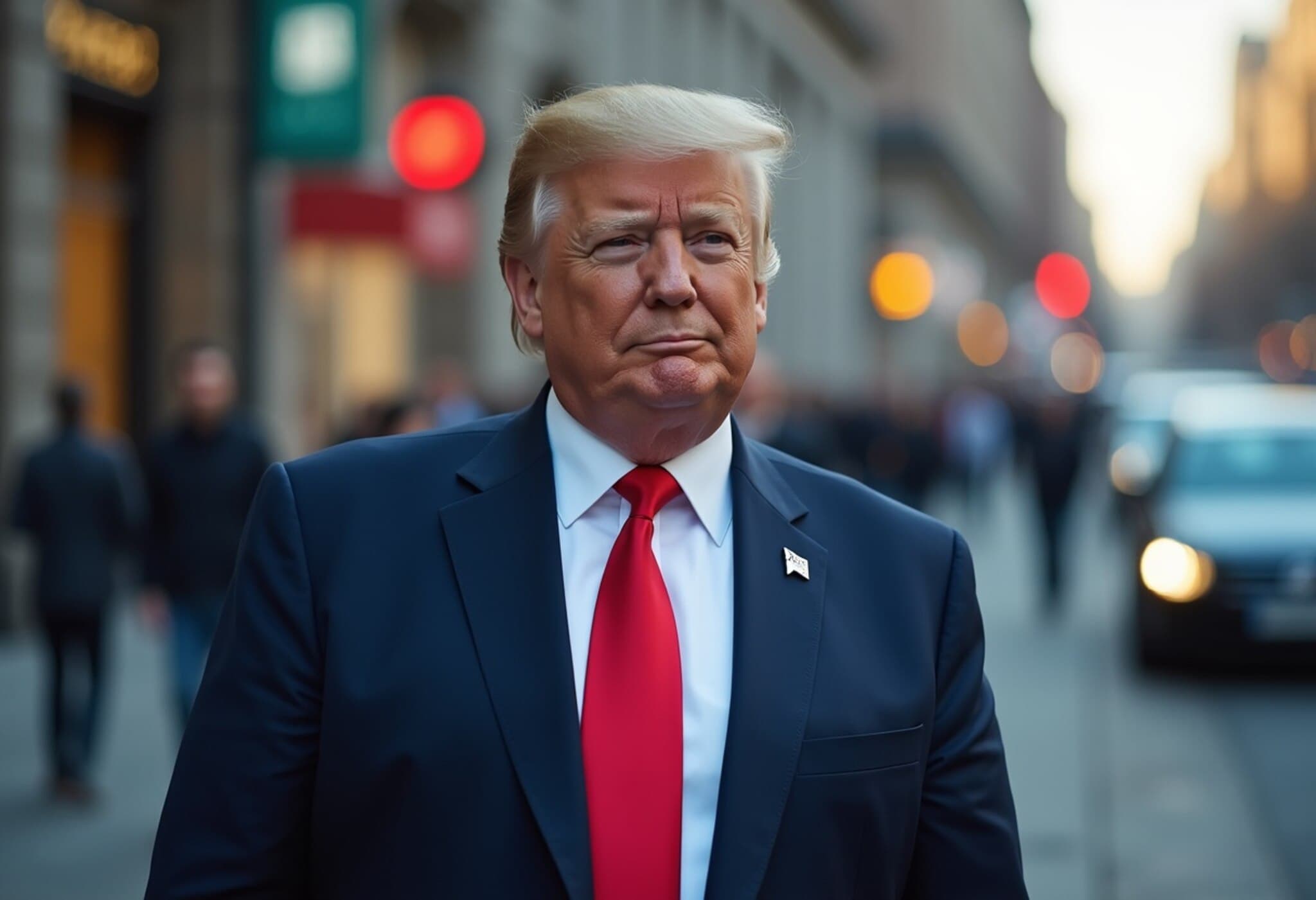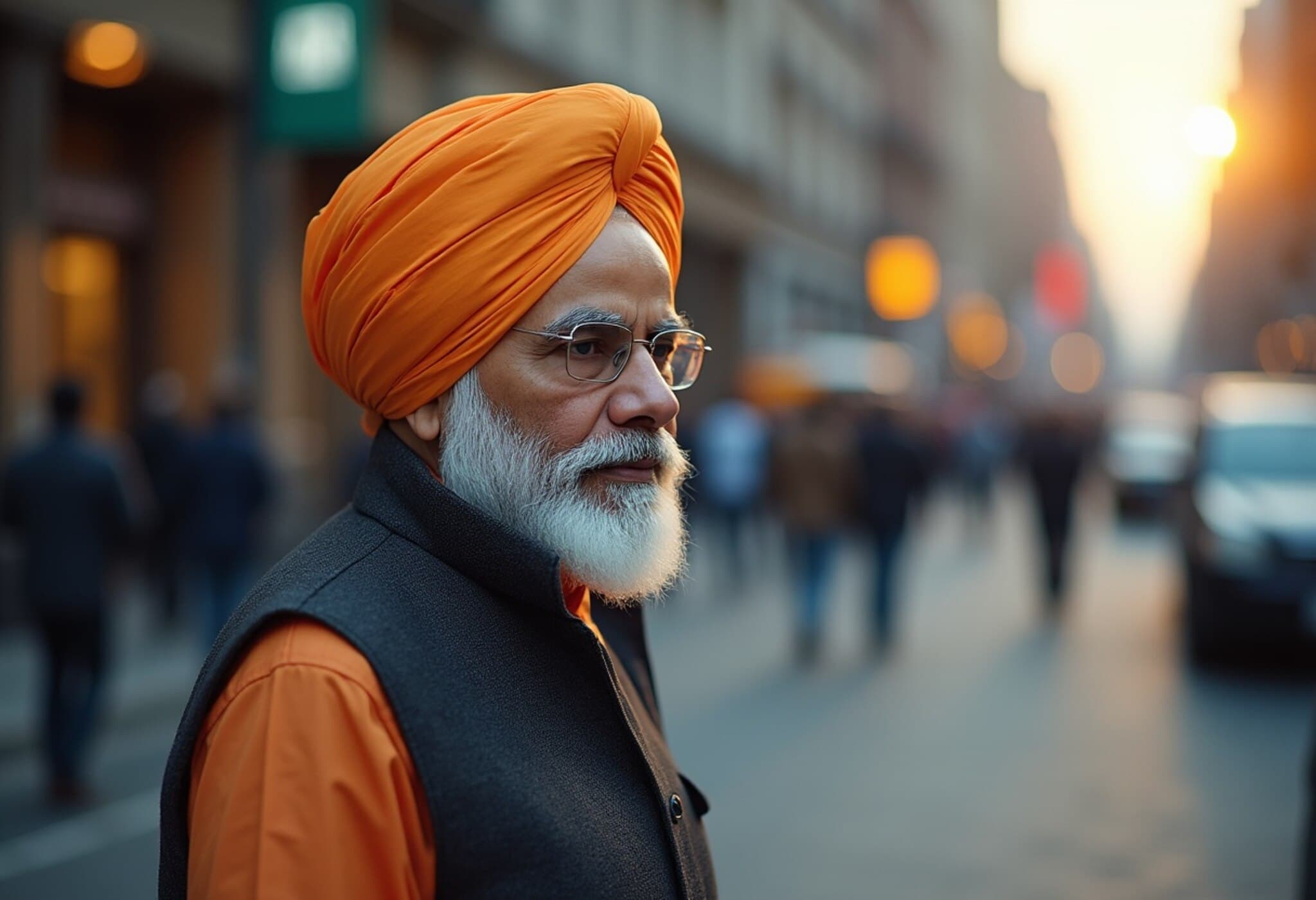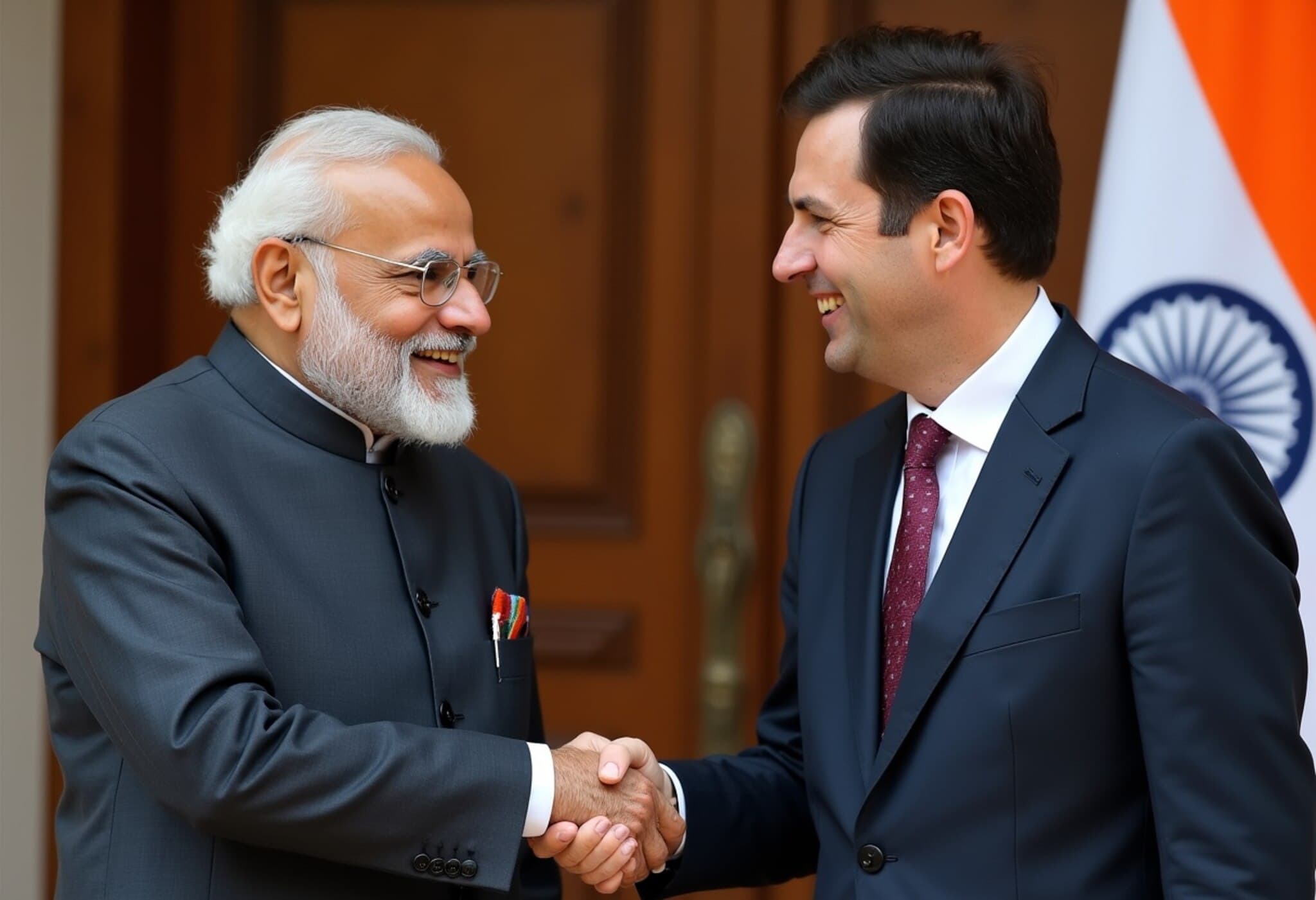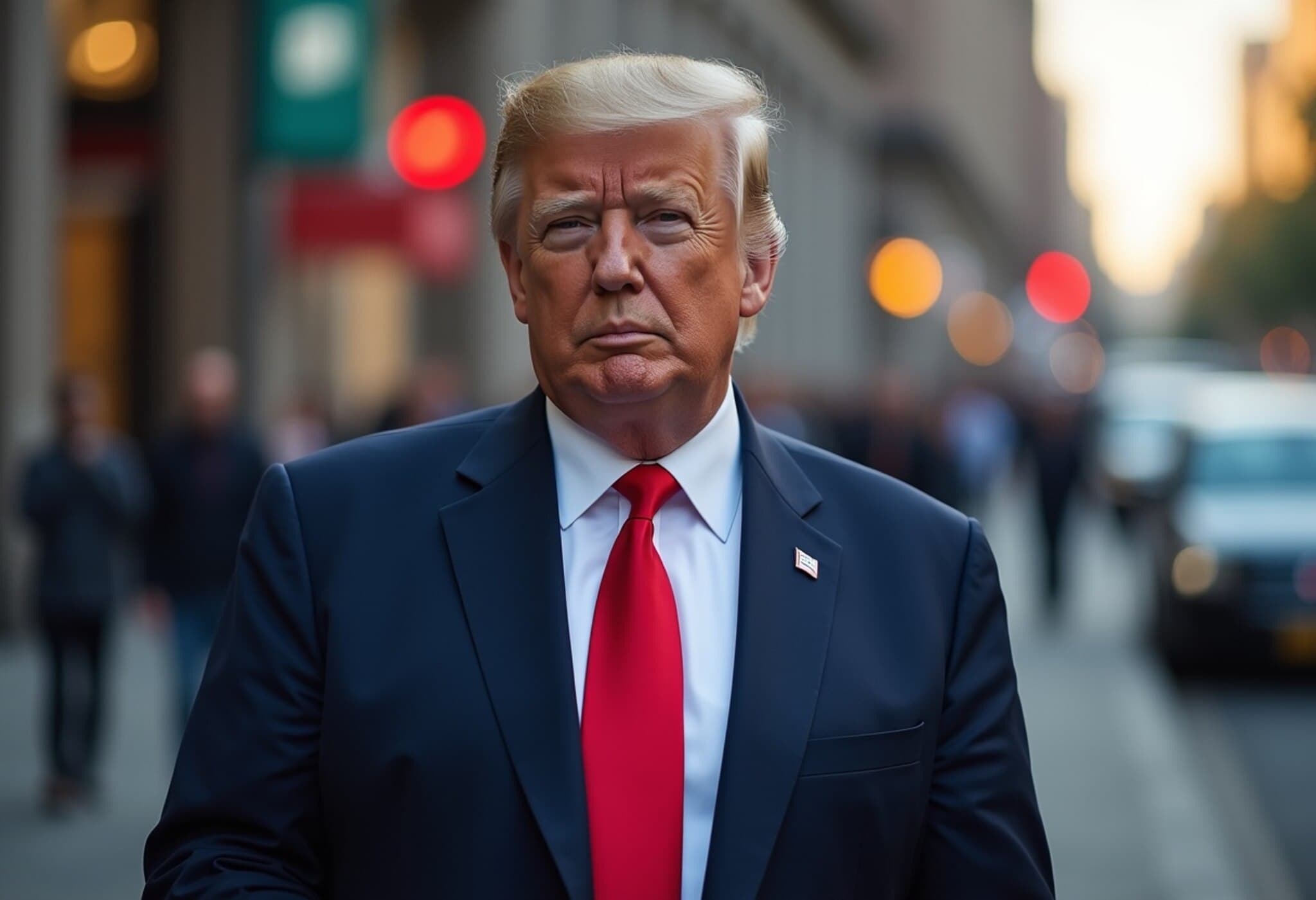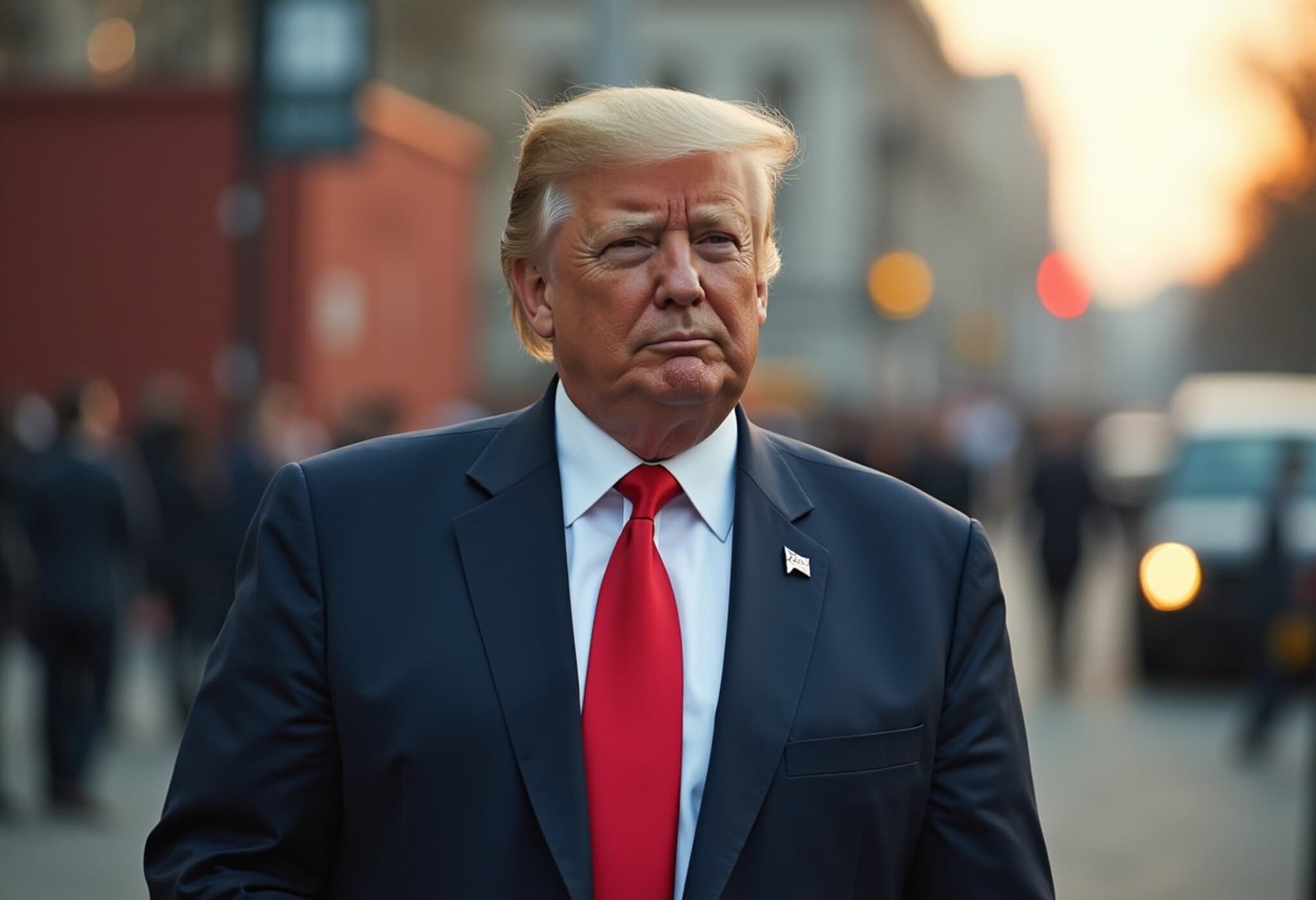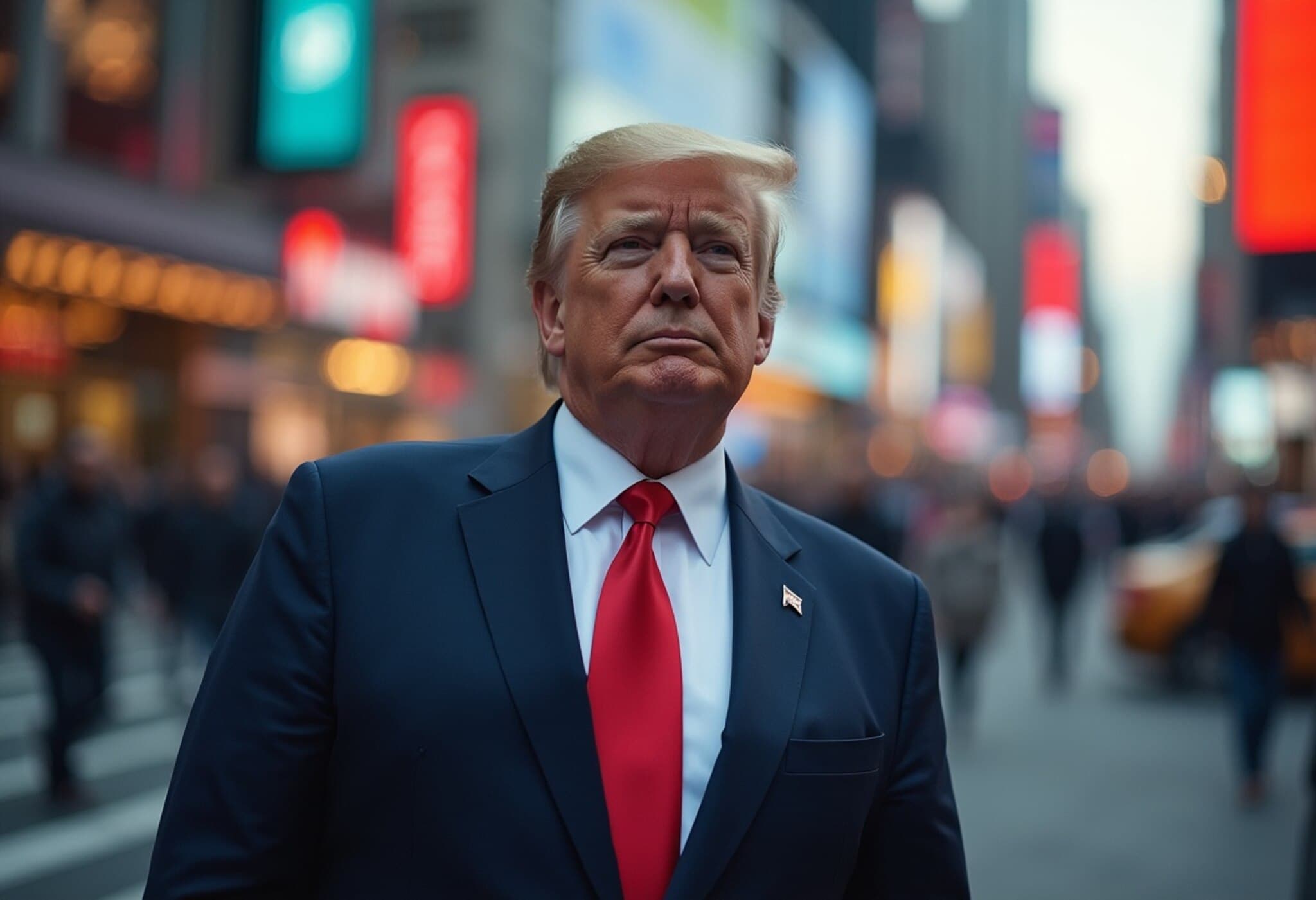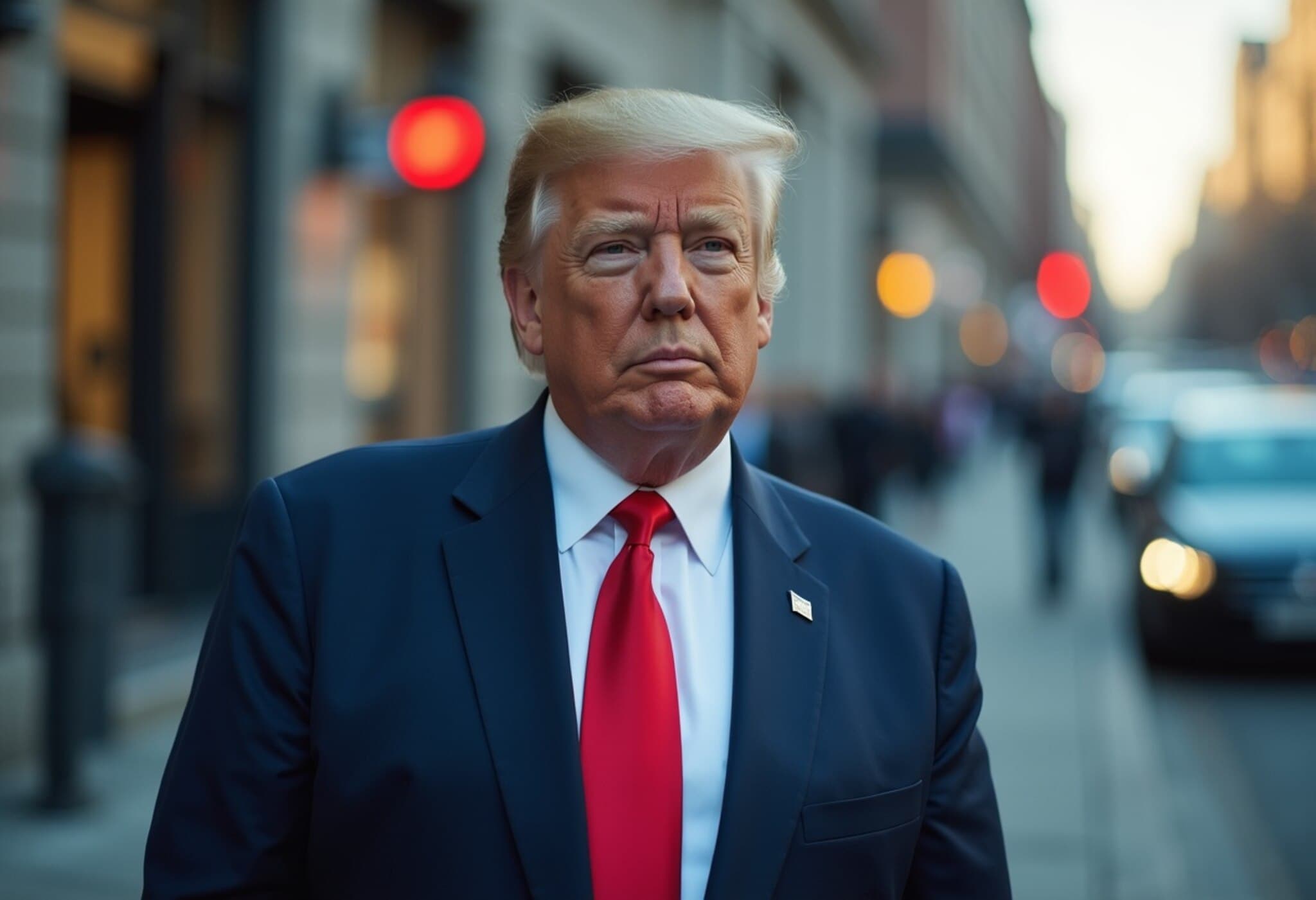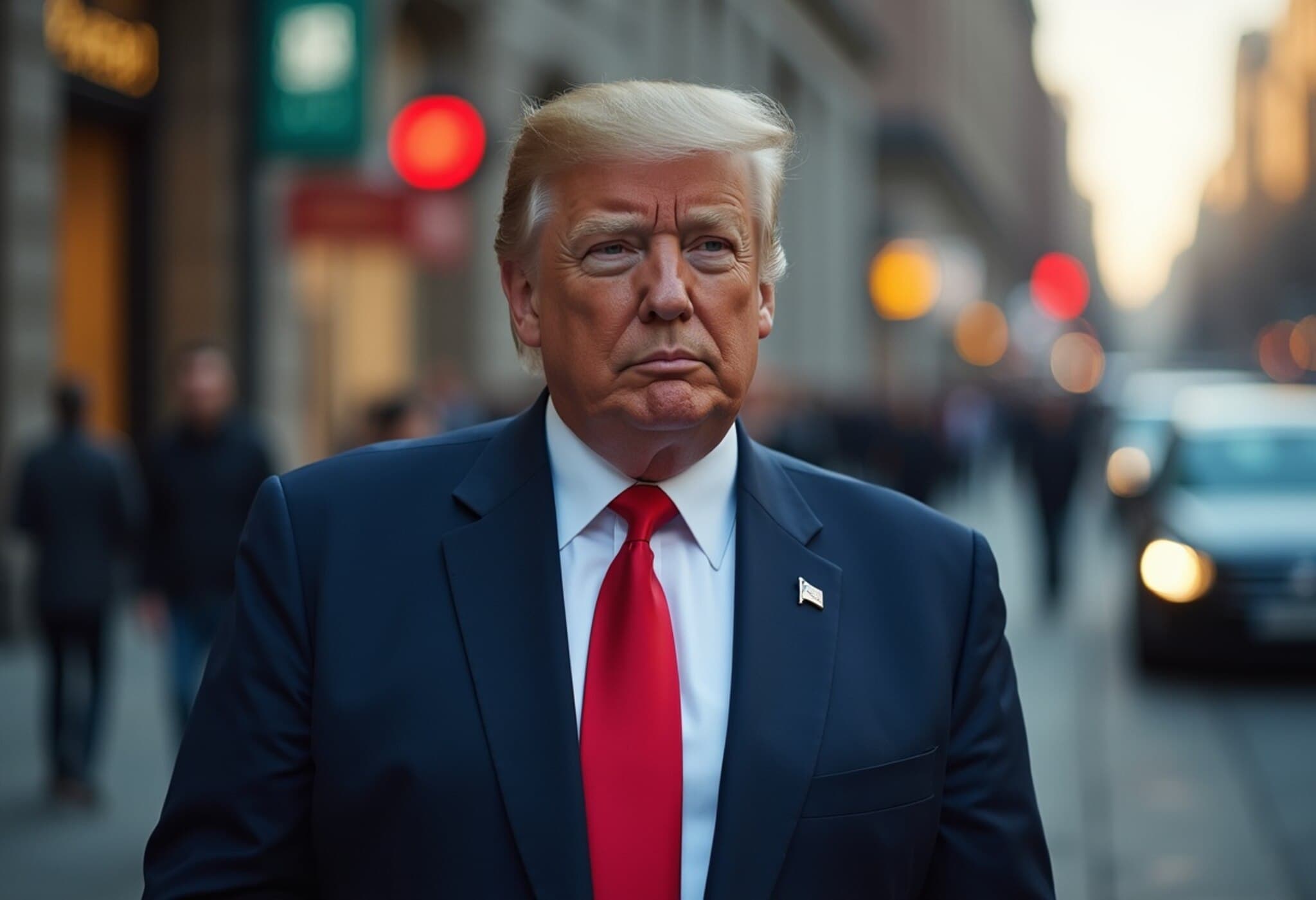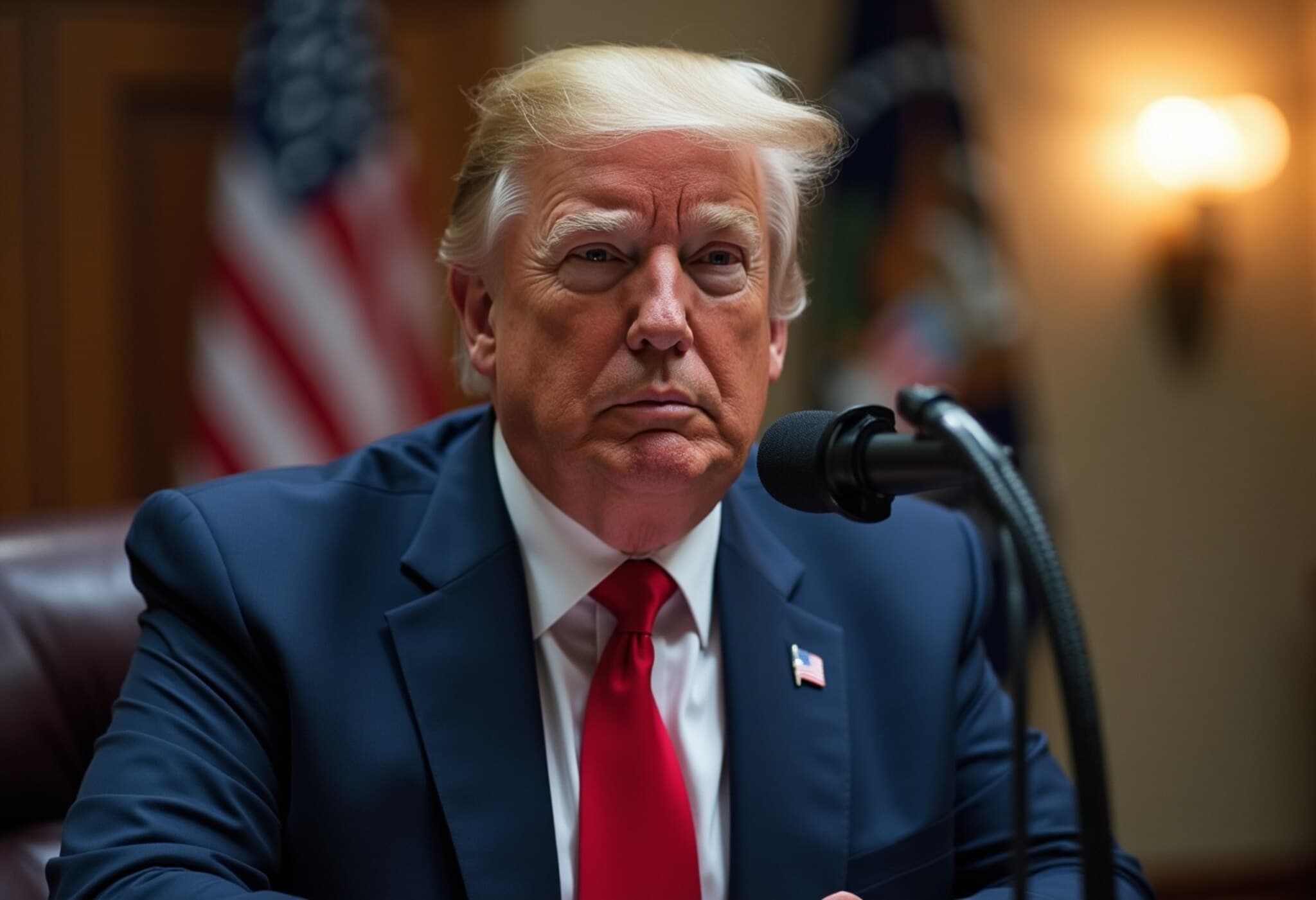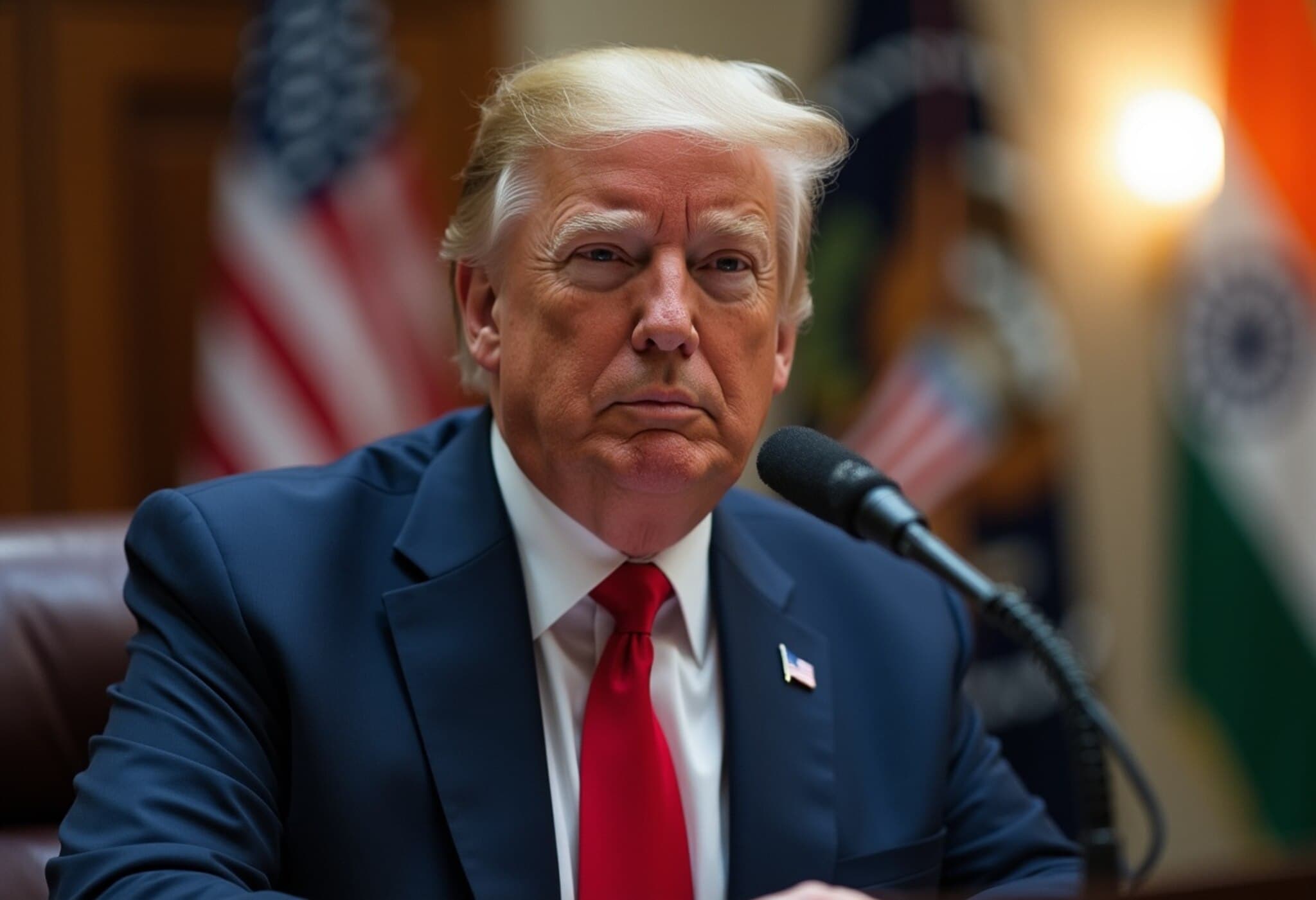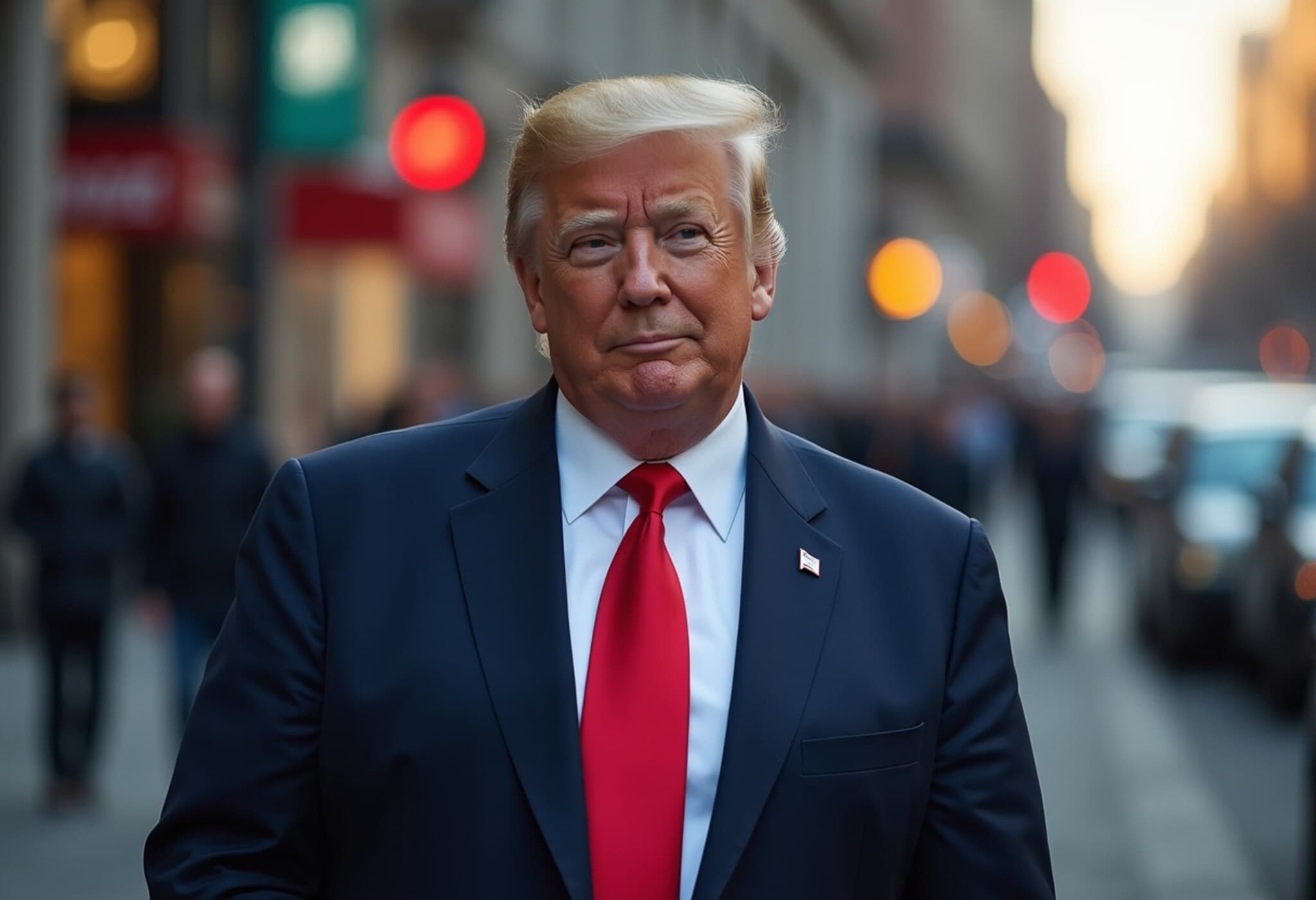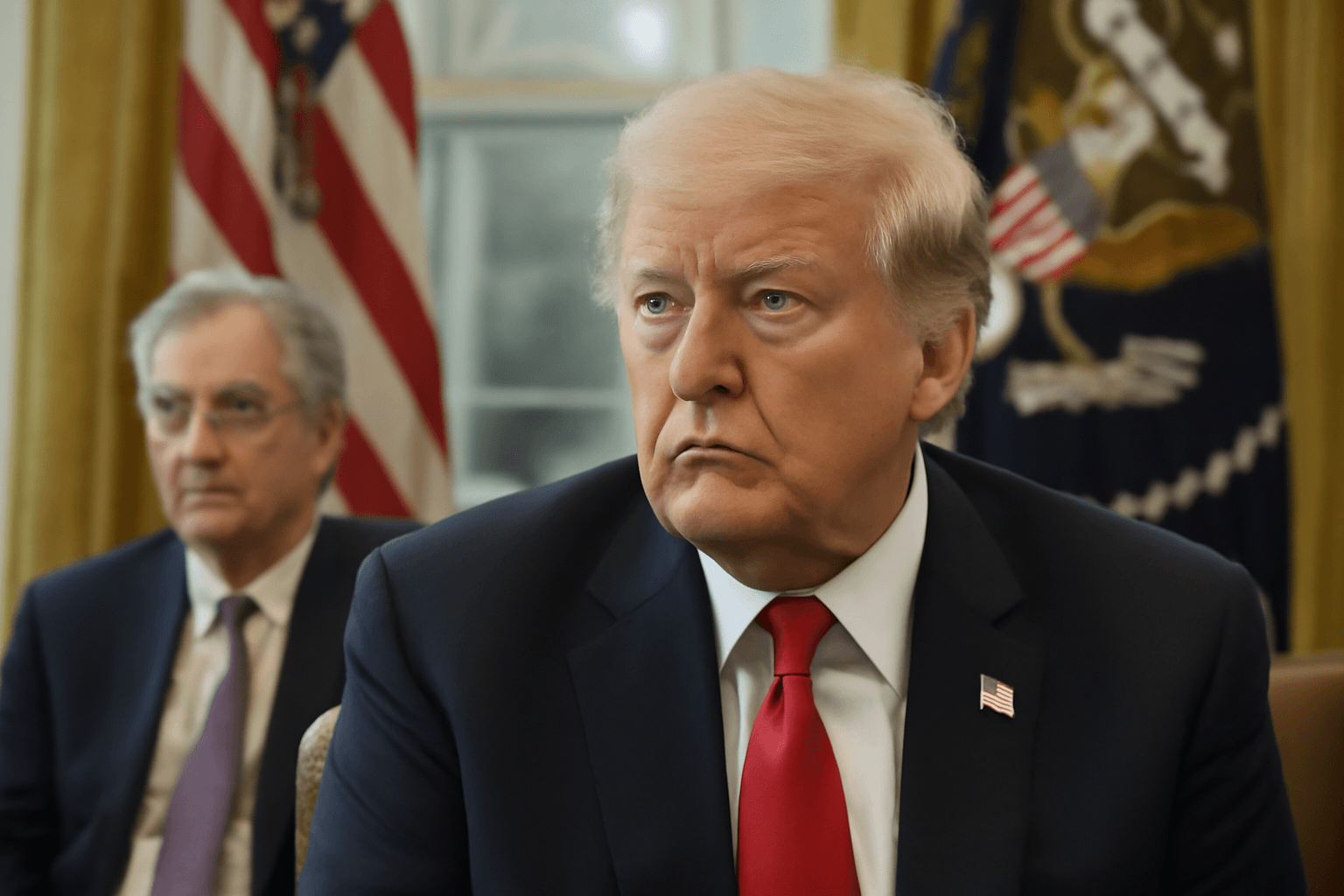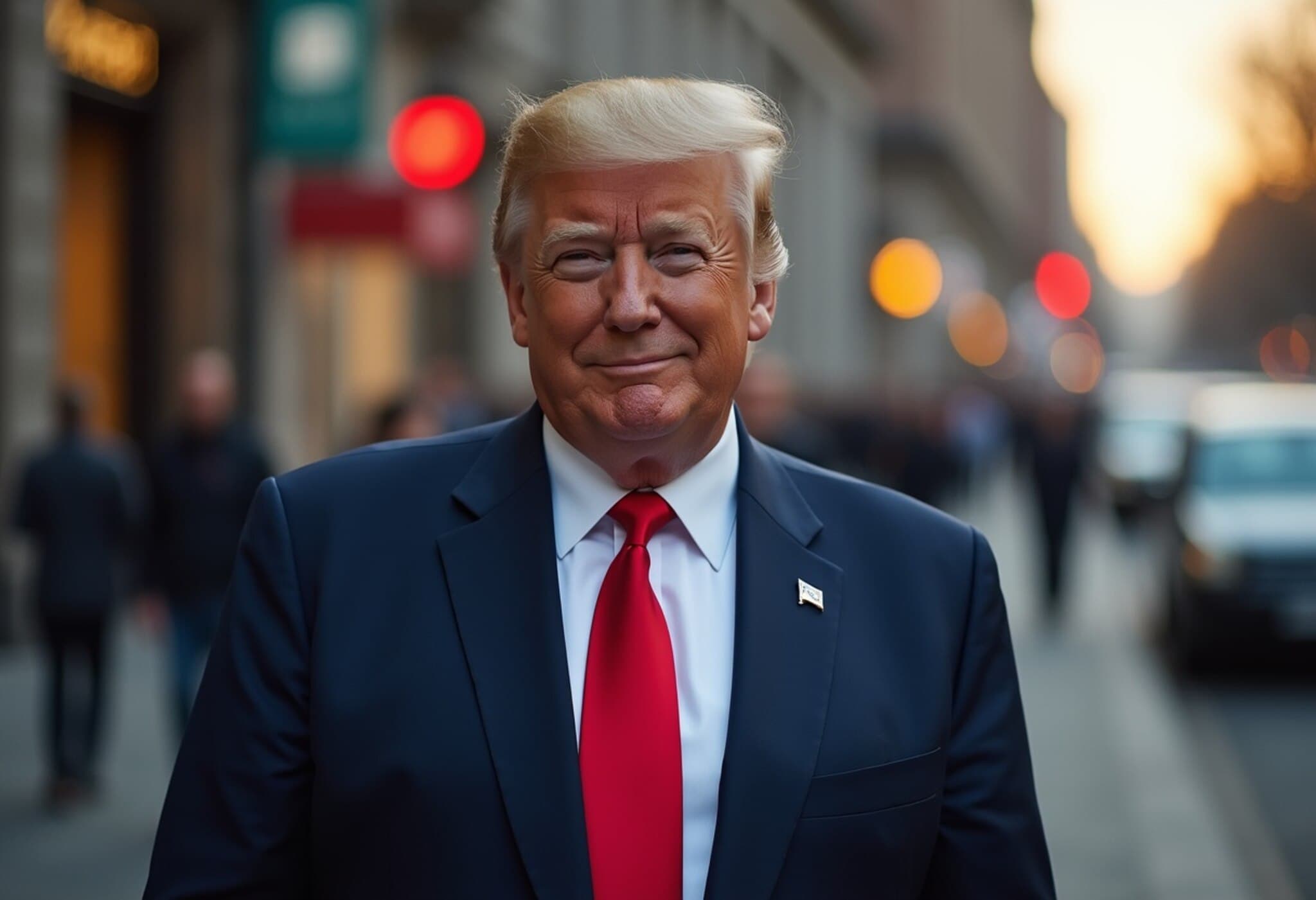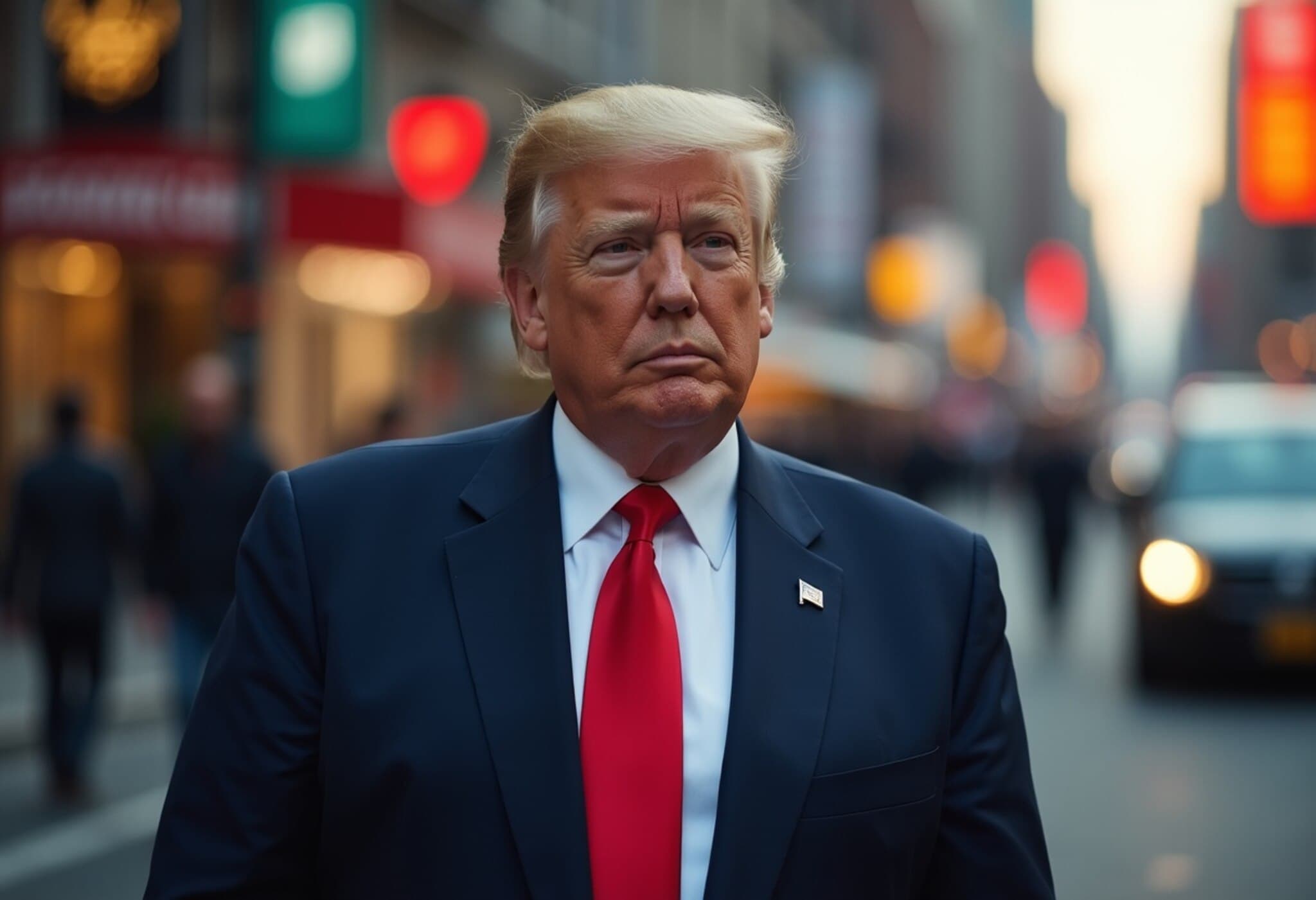Trump Signals Sharp Tariff Hike on Australian Pharmaceuticals
In a recent announcement that has sent ripples through international trade circles, former US President Donald Trump threatened to impose a 200% tariff on pharmaceuticals imported from Australia, the country's second-largest export sector. This bold move, announced on July 9, 2025, marks a significant escalation in trade tensions between the two long-standing allies.
Understanding the Stakes: Australia's Pharmaceutical Industry
Australia's pharmaceutical exports represent a substantial pillar of its economy, second only to its influential mining sector. The United States stands as a major market for these products, encompassing both generic and innovative medicines. Any tariff hikes could jeopardize market access, disrupt supply chains, and increase costs for American consumers seeking affordable medicines.
Why Tariffs Matter: Economic and Political Context
While the announcement evokes memories of Trump's earlier trade battles during his presidency, the proposed 200% tariff is unprecedented in scale. Analysts warn that such dramatic tariffs could backfire, inflating healthcare prices in the US and prompting Australian exporters to seek alternative markets. Moreover, the measure could spark retaliatory tariffs from Australia, potentially igniting a broader trade conflict.
Trade experts note this move could also complicate ongoing negotiations in broader frameworks like the Indo-Pacific Economic Framework and the Australia-US Free Trade Agreement discussions, threatening regional economic stability.
Expert Perspectives: Navigating Uncertain Waters
- Trade Analyst Dr. Emily Carter: "This proposal undermines decades of cooperative trade policy between Australia and the US. The pharmaceutical sector depends heavily on global supply chains, and tariffs of this magnitude risk disrupting access to essential medicines."
- Economic Policy Advisor Mark Liu: "Though tariffs are often wielded as leverage in political negotiations, doubling taxes on pharmaceuticals could have unintended consequences on domestic health costs and innovation incentives."
What’s Next: Unpacking the Implications for Consumers and Governments
Consumers on both sides of the Pacific could feel the impact if these tariffs materialize. Americans may face higher prices on critical drugs, while Australian producers could lose valuable revenue and market share. Policymakers in Washington and Canberra must weigh these risks carefully to avoid escalating trade disputes that hurt public welfare.
This development also raises questions about the balance between national economic interests and international cooperation, especially in an era marked by supply chain vulnerabilities highlighted by the COVID-19 pandemic.
Editor’s Note
Trump's proposal to sharply increase tariffs on Australian pharmaceuticals underscores the fragility of global trade agreements amid rising protectionism. Readers should closely monitor how policymakers manage the competing demands of economic nationalism and collaborative trade relations. The unfolding situation challenges us to consider the broader costs of such trade actions—not only in dollars but in access to vital medicines and the health of international partnerships.

